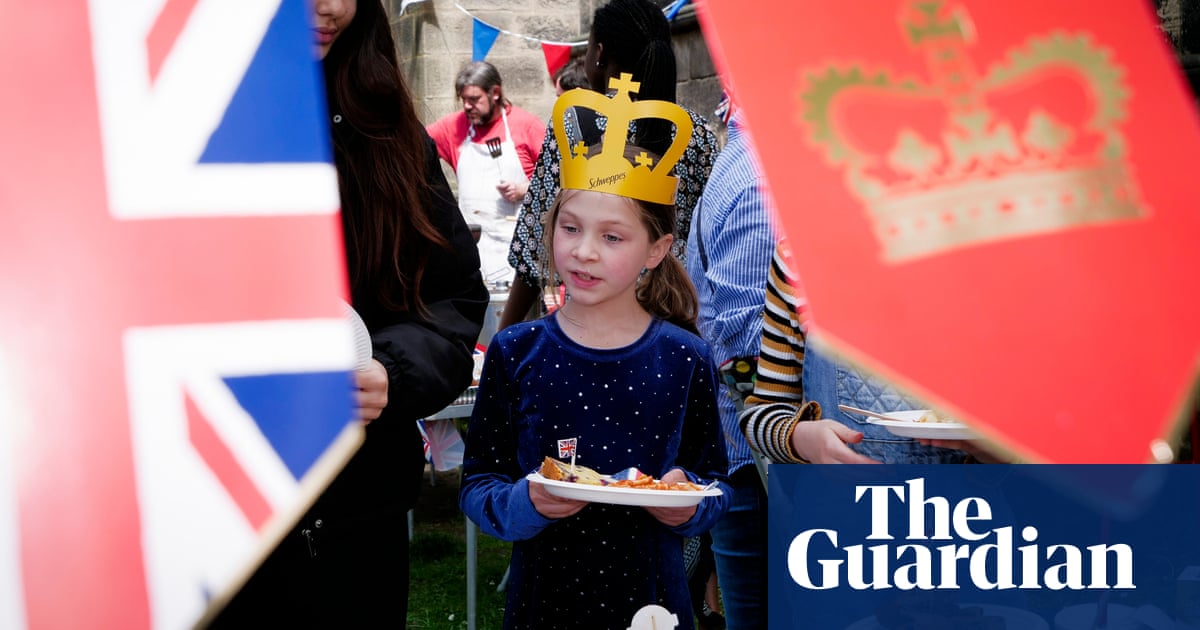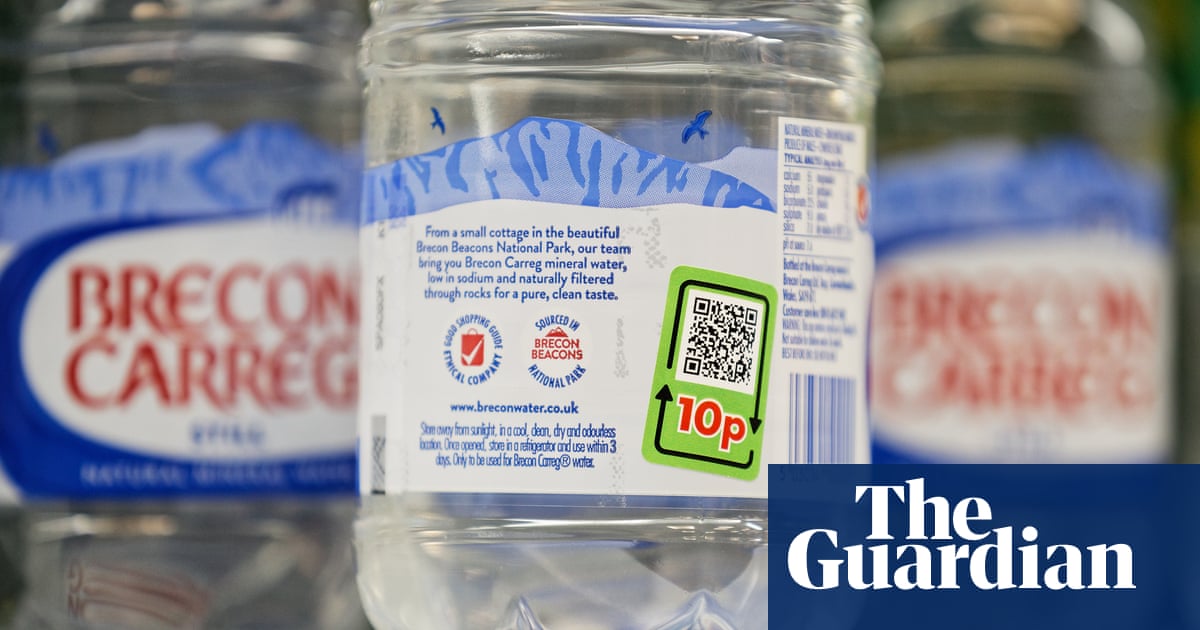
A Hampshire village has launched a scheme to replace all disposable cups in their village with a reusable mug that will be free for users with a simple £1 deposit.
The Overton cup will be available in all the shops and cafes along Overton’s high street, including the greengrocer, “who does a lovely soup from his leftover vegetables”, according to Alison Zarecky, chair of Sustainable Overton. Customers pay their deposit (plus another £1 if they want a lid, which are non-returnable) and then return the cup once it’s been used to any deposit point in the village.
As of last year, the UK was using about 2.5bn disposable cups a year, with a 2017 government report concluding that only one in 400 was being recycled. Reusable coffee cups were becoming more common, but with the risk unclear during the pandemic, many coffee outlets stopped accepting them. However, many health experts now believe that reusables are low risk.
But the Overton cup is just one of a number of initiatives being put into practice in the village. “The parish council declared a climate emergency in 2019,” said Zarecky. “And then we called for volunteers, and set up Sustainable Overton, and so many people came forward. It was really quite wonderful.”
They began thinking about what they could do, and established links with other groups around the country. They have set up a nappy library, thanks to a grant from Hampshire county council, and are establishing a community energy project. They also have a plastics team, and have trained up “energy champions” to help people to green their homes, including a thermal camera hire service so users can work out where their house is leaking energy.
“We’ve learned a lot from what other places have done,” says Zarecky. The cup scheme was inspired by a similar idea in Shrewsbury a couple of years ago, while Ashton Hayes in Cheshire, which has been working on a carbon neutral community since 2006, was “inspirational”.
But there were also questions that they could not immediately find answers to, and so they have produced toolkits for setting up a climate group. “It’s been a massive learning curve.”
The next step? To encourage more villages and towns to set up their own community energy groups. “In Hampshire we only generate about 1.8% of our own energy,” says Zarecky. “There’s a lot of roof space here.”
Even though they were unable to meet in person during the pandemic, more people have volunteered for the group in the last year than ever. “I think we know this is important and we want to do something meaningful about it.”












